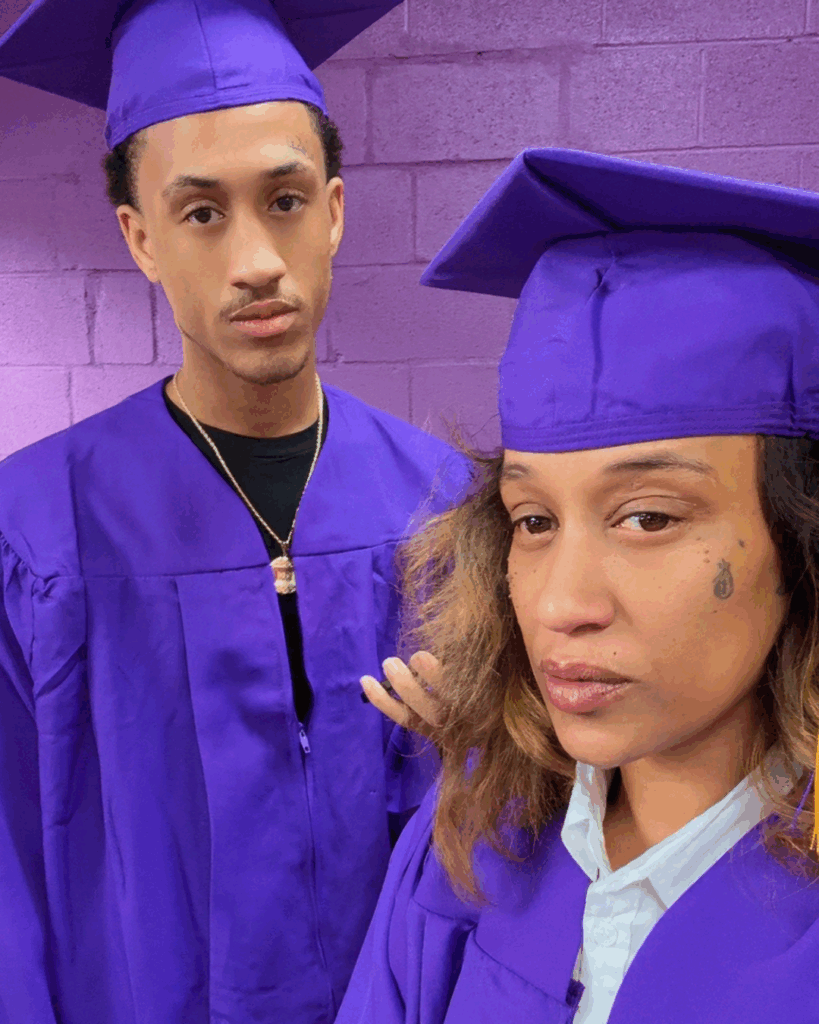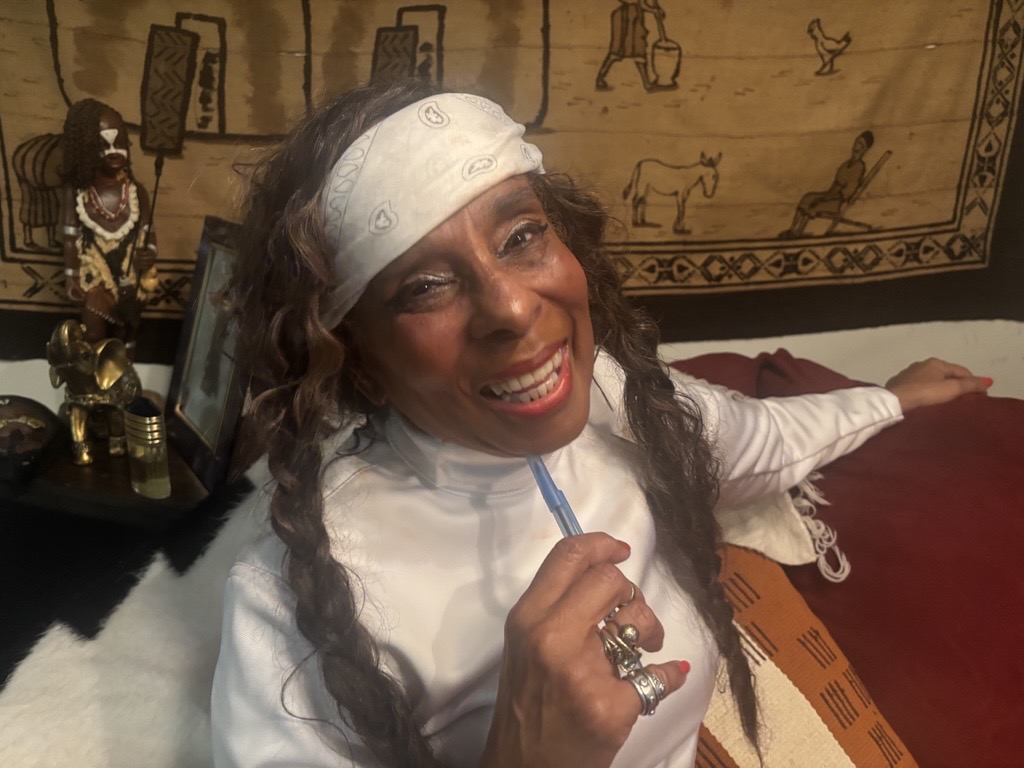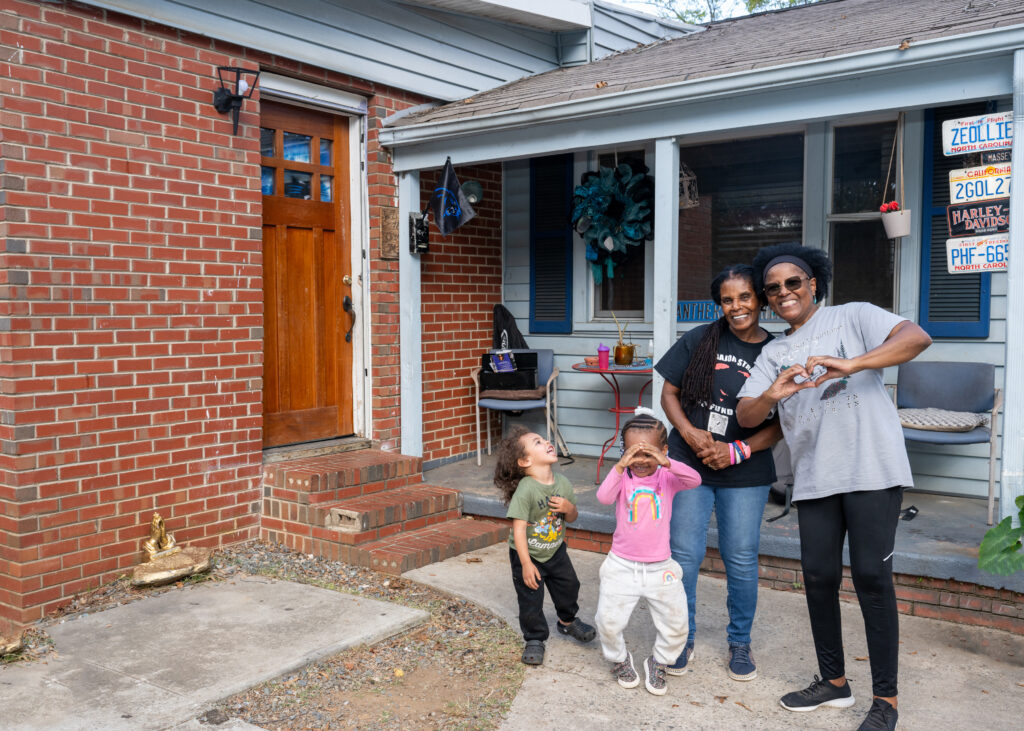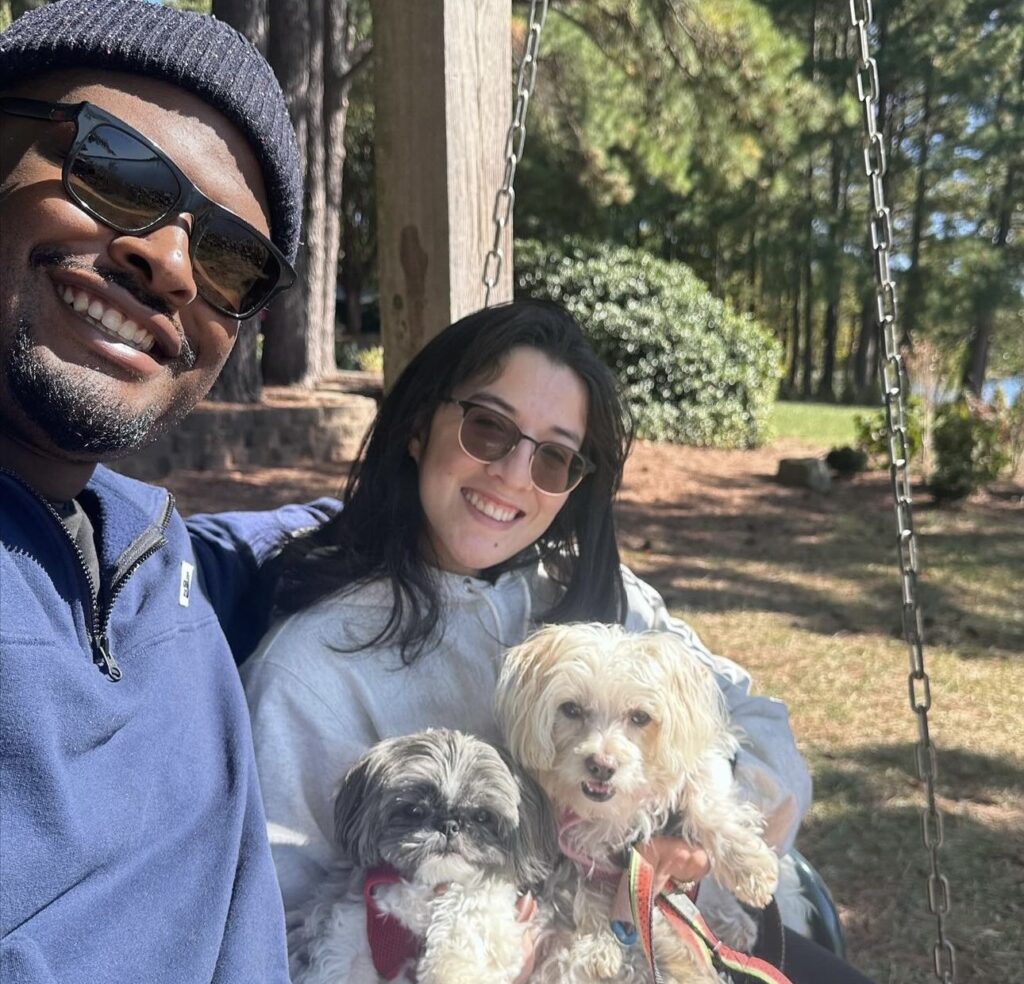
When Najla became a volunteer for the Education Law Program* (ELP) in 2019, she didn’t know her first case would become a six-year journey that would change three young lives. Originally a lawyer with Bradley and now a corporate lawyer with Gilead Sciences by day, Najla volunteered with the ELP as a court-appointed advocate for three siblings in foster care, helping ensure their educational rights were protected. The oldest child—a fifth grader who couldn’t read at a kindergarten level—had already faced immense challenges. His mother had been in foster care herself, and his schooling had been inconsistent. When his school proposed moving him to a separate classroom for students with disabilities, Najla knew it would limit his future opportunities, and she stepped in to advocate for him.
When the pandemic shifted learning online, Najla saw a new opportunity: one-on-one instruction. Working closely with his teachers and the school, she helped revise his Individualized Education Program (IEP) to provide the support he needed to stay in general education classes. Slowly but surely, her efforts paid off. By high school, the boy—once at risk of being left behind—was setting goals to attend college and play football. Today, as a 10th grader, he’s pursuing an alternative diploma that includes an apprenticeship program and continues to make remarkable progress that Najla once thought impossible.
Najla’s commitment didn’t stop with him. She continues to ensure his younger siblings receive the support they need to thrive, collaborating with caring foster families and educators who share her dedication. On average, she spends about 50 to 75 volunteer hours doing pro bono work each year, advocating for children and their educational rights and credits the ELP staff, especially Stephanie Klitsch, for the training and guidance.
“Most teachers are well-meaning,” Najla says, “but they don’t always know the law. That’s where we come in—to make sure every child gets the education they deserve.”
Stephanie expresses her appreciation, “Najla’s advocacy on behalf of these students has been life-altering. While others would have accepted the school’s low expectations of him, Najla saw possibility and, most importantly, has consistently used diligent efforts to ensure he had what he needed to demonstrate his true potential. We are incredibly lucky to continue to have Najla’s close involvement and support!”
*Note: The Education Law Program originated with the Council for Children’s Rights and then moved to Charlotte Center for Legal Advocacy in September 2025.



